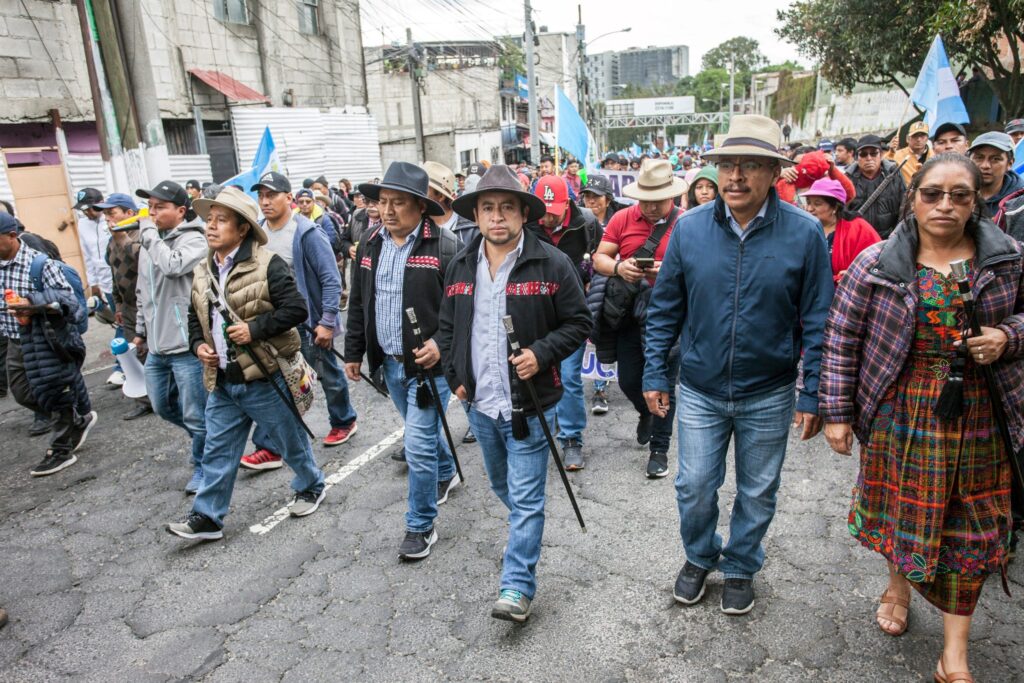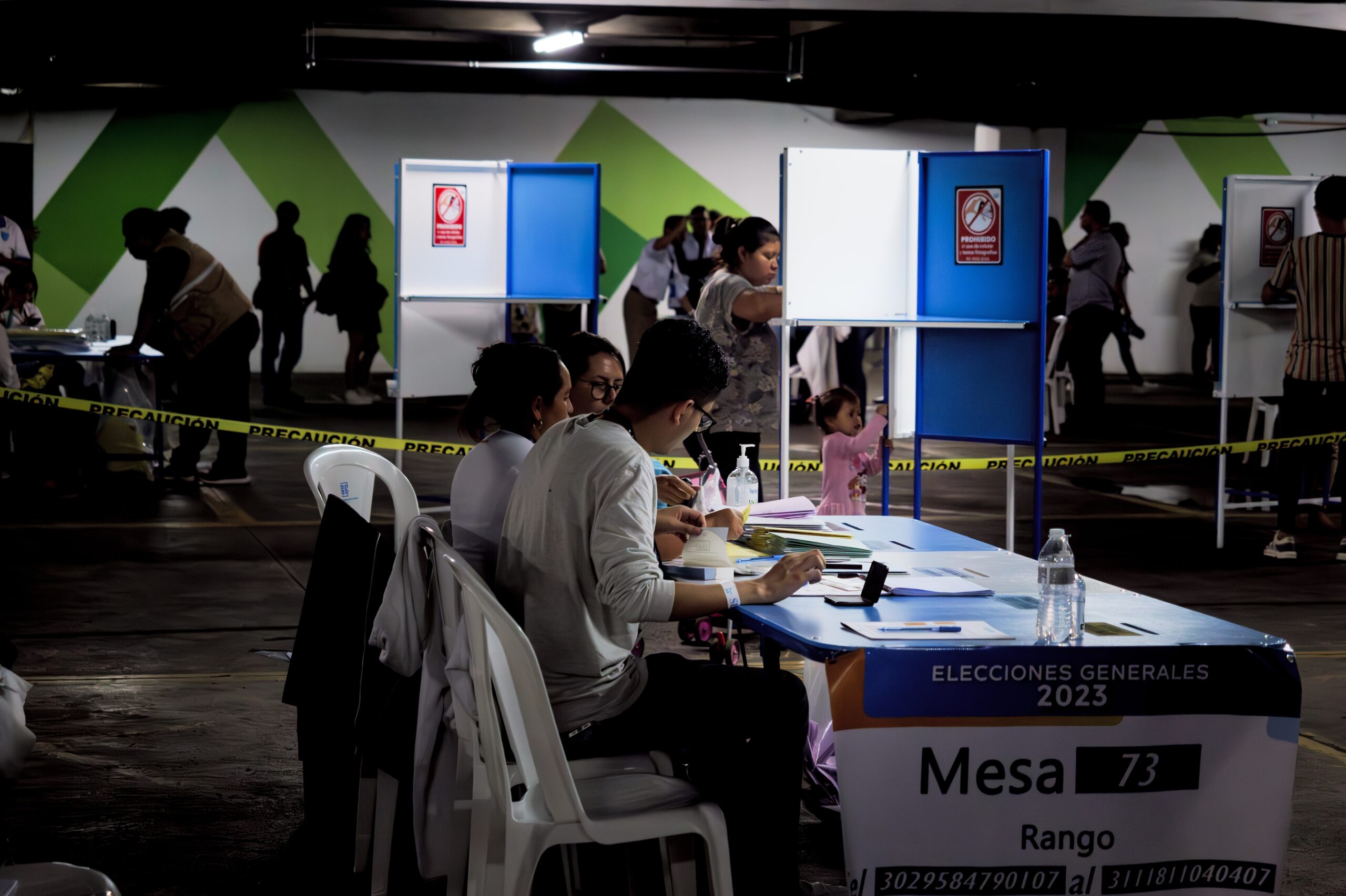Guatemala: An atypical electoral process

NIMD Guatemala Country Director Claudia Maselli reflects on the current situation in Guatemala and the steps needed to pave the way for national unity.
Since 1985, the year of transition to democracy in Guatemala, there has not been an electoral process so atypical as the latest elections in Guatemala past June and August. The elections were for the people of Guatemala to vote for local governance, parliament and new president.
However, the level of controversy that arose surrounding the integrity of the elections is unprecedented. The challenges already started in January 2023 when the general election process began. Accusations poured in from observers of the electoral process, accusing the electoral body of favoring some candidates in their registration and targeting others by banning them from competing. The accusations were varied. It even led to the cancellation of one of the three parties running in the electoral race with important intention of votes from electors as was surprisingly reflected in a specific timing poll.
General Elections Guatemala 2023
Despite the above, elections took place on 25 June and 20 August. The electoral unrest was less than in 2019.
Despite the circumstances, the participation of the citizens was remarkably high in Guatemala considering the uncertainty of the electoral process. 60% of the registered citizens went to the polls, a number very similar to the 2019 elections, although a high number of young people did not register to vote.
In the first round of the presidential elections, citizens expressed their displeasure with the political system with 17% null votes. However, there was no majority in the election results of the first round. In the end only the two parties with the highest votes – resting party Unidad Nacional de la Esperanza and party Movimiento Semilla – moved on to the second round.
Despite attempts to remove Movimiento Semilla from the running, on 20 August, the elections were held and resulted in a landslide victory for Movimiento Semilla, obtaining 58% of the votes, against 37% of the votes for Unidad Nacional de la Esperanza.

Citizen participation indispensable for democracy
Before, during, and after the elections it became clear that the citizens of Guatemala still believe in democracy. Fair and just elections being a key component.
A case in point is how citizens took an active role in the elections by partaking in the temporary electoral bodies (for example, departmental boards, municipal boards and voting boards); working closely together with political parties’ prosecutors and the different national and international observation missions.
The dedication shown by citizens who voluntarily participated in the electoral boards was remarkable. While they did not witness any irregularities during the elections, post-elections they were subjected to scrutiny. In the end, together with other citizen observation exercises the integrity of the 25 June voting was confirmed and allegations of electoral fraud were disproved.
Several national and international electoral observation missions were present during the elections. The K’AT Local Observation Mission (MOEL K’AT) commended the participation of people from indigenous communities, youth and people with disabilities, formed by several citizen groups trained by NIMD. These missions and observations gave legitimacy, both inside and outside the country, to the voting process and underlined how interested citizens were in electing the people they considered most appropriate for the various elected positions.
Moving forward
NIMD has had a presence in Guatemala since 2002 and works at all levels across the political landscape to promote further development of a truly inclusive, multiparty democracy. A task we remain committed to.
A democracy that encourages political participation in elections is a key part of its proper functioning, transparency, and inclusiveness. The Elections Tribunal’s defense of the integrity of the citizen volunteers who made up the temporary electoral bodies was important in upholding the principles of democracy.
Creating responsive political actors, continuing dialogue, and strengthening political parties, their structure, and the inclusion of diverse voices from their constituencies is therefore not only necessary but a cornerstone to develop public policies that puts the citizen at the center.
The road ahead is still unclear but full of hope, because there is an increasing number of young people demanding for an inclusive democracy, joining indigenous communities, think tanks, universities, activists, and a renewed political class who are collectively pushing Guatemala towards a functioning, inclusive, and accountable democracy.
The hope is that dialogue, implemented within a setting of trust, mutual respect, and transparency will lay the foundations for a new social contract and will pave the way for national unity.